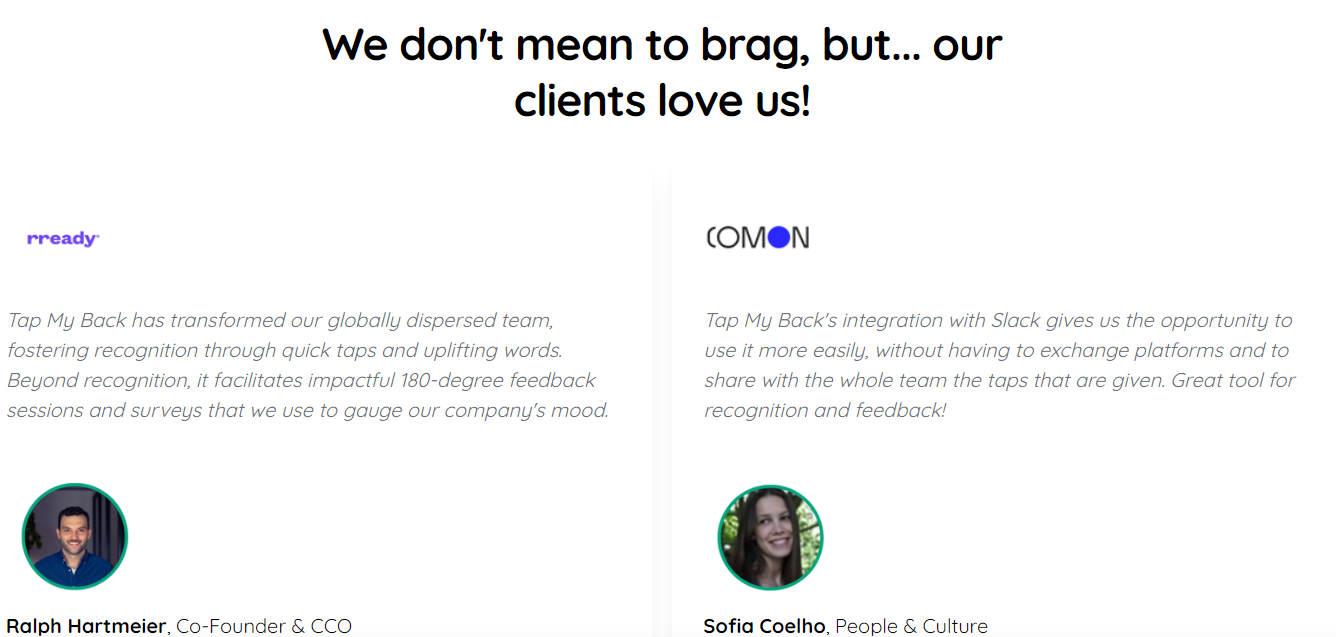Praise in Public, Correct in Private: The Leadership Key to Building Trust and Engagement
2024-10-21
Remember: Your words as a manager can either build or break your team’s morale
Imagine this: You're at a company meeting, and the team’s hard work has paid off.
As a manager, you proudly acknowledge their efforts, giving public praise that fills the room with smiles. Now picture the opposite—a team member made a mistake, and instead of a private word, they're corrected in front of their peers.
The room tenses, and you can almost hear the trust and morale deflate like a punctured balloon. 🟰 As a leader, there’s an art to balancing praise and feedback, and it can make or break team dynamics.
The rule of thumb?
Praise in public, correct in private. This simple principle is more powerful than you think.
Why Public Praise Matters: A Boost to Engagement and Morale
Research shows that public recognition has a tremendous impact on employee engagement. In fact, Gallup reports that highly engaged teams see a 21% boost in productivity and 59% lower turnover rates. Praising employees in front of others makes them feel appreciated, and appreciation is a core driver of job satisfaction.
- Fact: According to a survey by the Harvard Business Review, 37% of employees consider recognition as the most important motivator at work.
When done publicly, it creates an atmosphere of positivity and encourages others to aim higher.
💬 "Appreciation can make a day, even change a life. Your willingness to put it into words is all that is necessary." — Margaret Cousins
The Damage of Public Criticism: Trust is Fragile
On the flip side, public criticism erodes trust. It’s like exposing someone’s flaws under a spotlight—vulnerable and uncomfortable. No matter how constructive the feedback is, delivering it publicly can feel like an attack. This diminishes the person's confidence and morale, and often, their relationship with you. A study by Zenger Folkman revealed that 92% of employees agree that negative feedback delivered in private helps them improve, but public criticism leads to resentment.
Think of trust as a glass—once broken, even if you glue it back together, the cracks remain. Public criticism leaves cracks in your relationships with your team, which are hard to mend.
💬 "Criticism, like rain, should be gentle enough to nourish a man's growth without destroying his roots." — Frank A. Clark
Private Feedback: The Path to Growth
When feedback is necessary, delivering it in private signals that you respect the individual and their potential. Behind closed doors, conversations about mistakes can be honest, clear, and constructive. This private setting allows the employee to take the feedback to heart without the added stress of embarrassment.
- Empathy is Key: Picture yourself in their shoes—how would you feel if your manager corrected you in front of others? No one enjoys public humiliation. By pulling someone aside, you foster an environment of trust and growth.
🔎 Note: Data from the Society for Human Resource Management (SHRM) reveals that 65% of employees who receive private feedback report higher job satisfaction and stronger loyalty.
Finding the Balance: Be Authentic
Remember, the goal isn’t to withhold feedback but to deliver it in a way that builds, rather than breaks. Praise publicly to encourage the entire team. Correct privately to support growth. When done consistently, this practice nurtures an environment of trust, accountability, and continuous improvement.
Just as a gardener tends to plants by giving them sunlight (praise) in public and pruning (feedback) in private, leaders must carefully balance recognition with correction.
💬 "Leadership is not about being in charge. It’s about taking care of those in your charge." — Simon Sinek
How Tap My Back Can Help You Master This Leadership Skill
At Tap My Back, we believe that feedback and recognition go hand in hand. Our platform empowers managers to give real-time feedback, ensure private corrections, and celebrate public praise seamlessly—helping you build trust, engagement, and productivity within your team. 💪
🔎 Note: Companies that prioritize recognition and feedback report 28% higher profits than those that don’t (Gallup)
Building a team culture that thrives on trust and engagement isn’t as difficult as it may seem. The simple act of praising in public and advising in private can work wonders for your team’s performance and morale. 🌱
Start making that difference today with Tap My Back, where your team can feel valued, heard, and motivated. Ready to transform your leadership style?
👉 Get in touch today for a free demo!
See More Posts
Platform
Features
Tap My Back @2025. All rights reserved.








